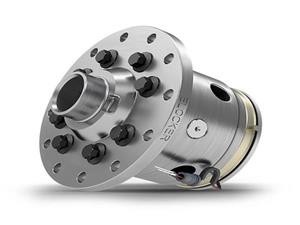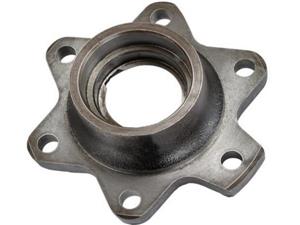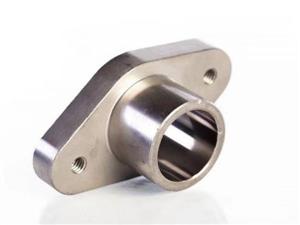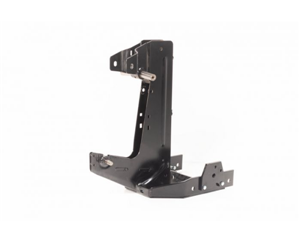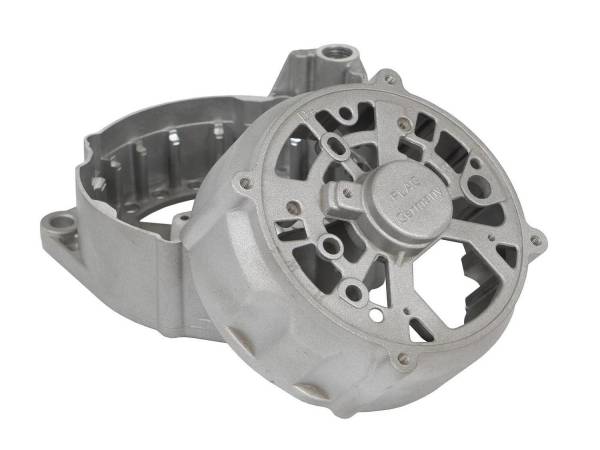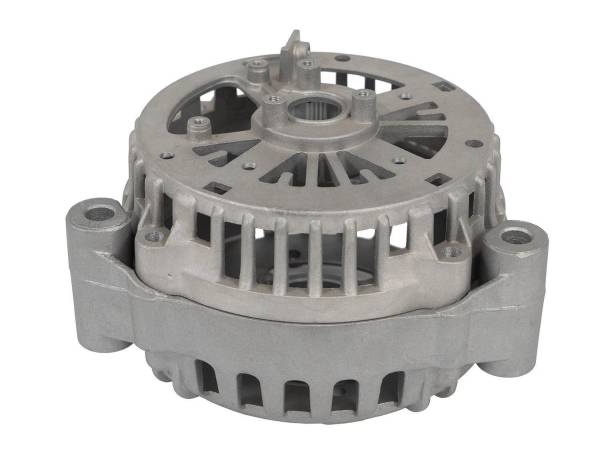Differences between precision castings and general castings
There are significant differences in manufacturing processes, precision requirements, and applicable fields between precision castings and general castings.
Firstly, the manufacturing process of precision castings is more complex and refined. Compared to general castings, precision castings require more advanced molds and equipment to ensure the accuracy and quality of the product. Precision casting parts usually adopt advanced casting processes such as low pressure casting, high vacuum casting and fine Sand casting to ensure the accuracy of product details and dimensions.
Secondly, precision castings have higher requirements for product accuracy. Precision castings are usually used in high-precision industries, such as aerospace, Optical instrument, automobile manufacturing, etc. In these fields, the accuracy and quality of products are crucial, therefore precision castings need to have higher accuracy and stability.
Finally, the application fields of precision castings are more extensive. Due to its high precision and complex manufacturing process, precision castings can be widely used in various fields. In addition to aerospace and automotive manufacturing, precision castings can also be used in fields such as medical devices, electronic equipment, and military equipment.
In summary, there are significant differences in manufacturing processes, precision requirements, and applicable fields between precision castings and general castings. Precision castings require more complex manufacturing processes, higher precision requirements, and are suitable for a wider range of fields. With the continuous progress of technology, the application range of precision castings will further expand, providing higher quality products for various industries.

